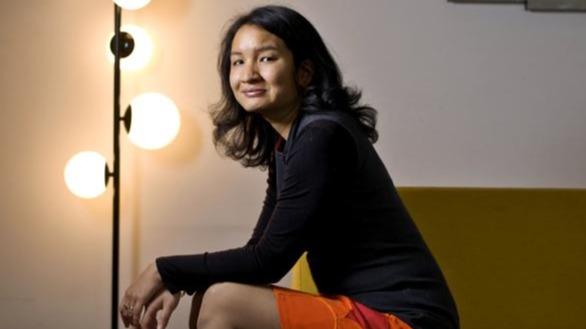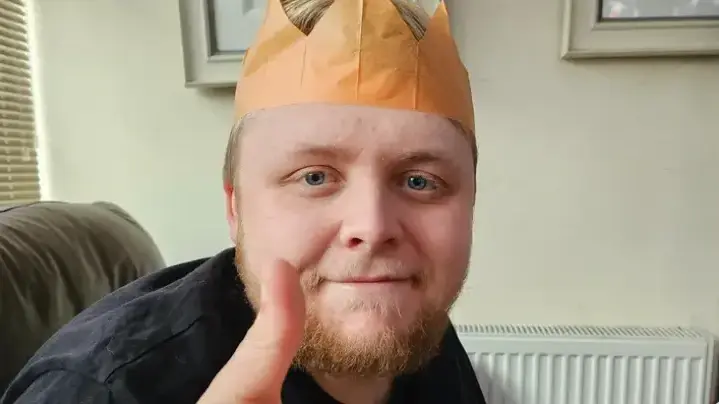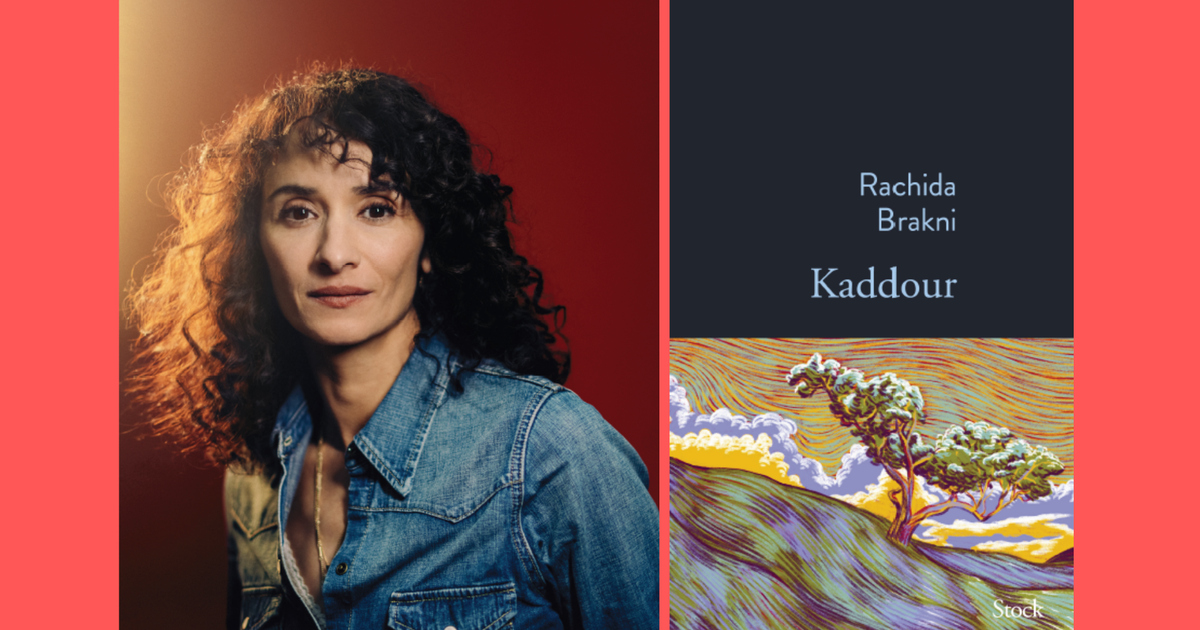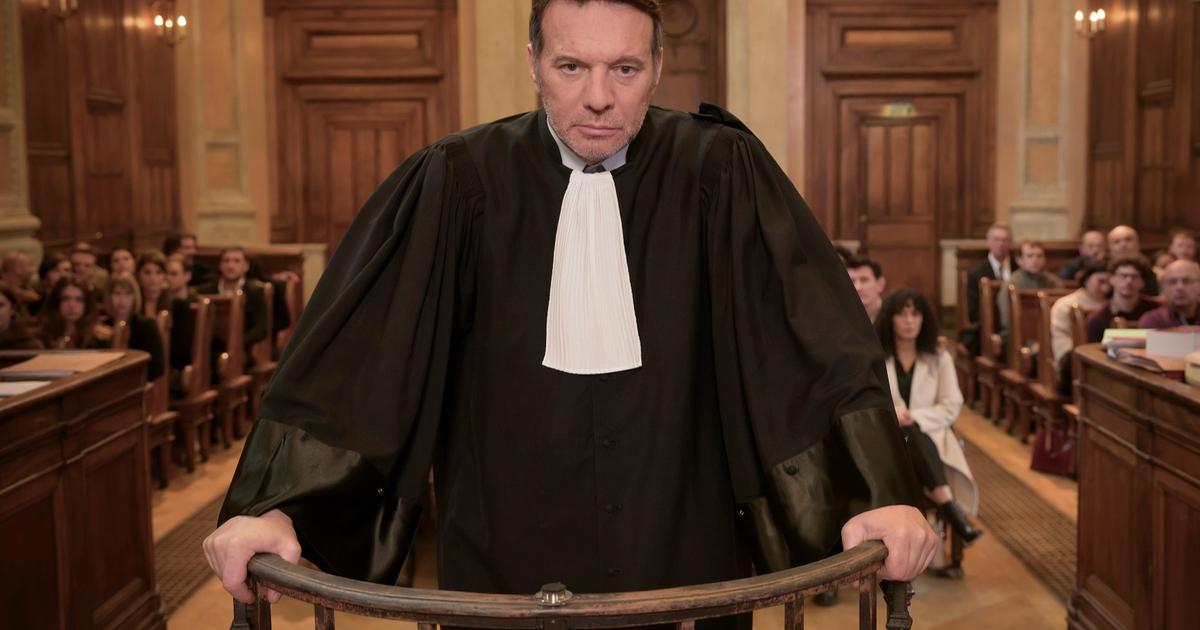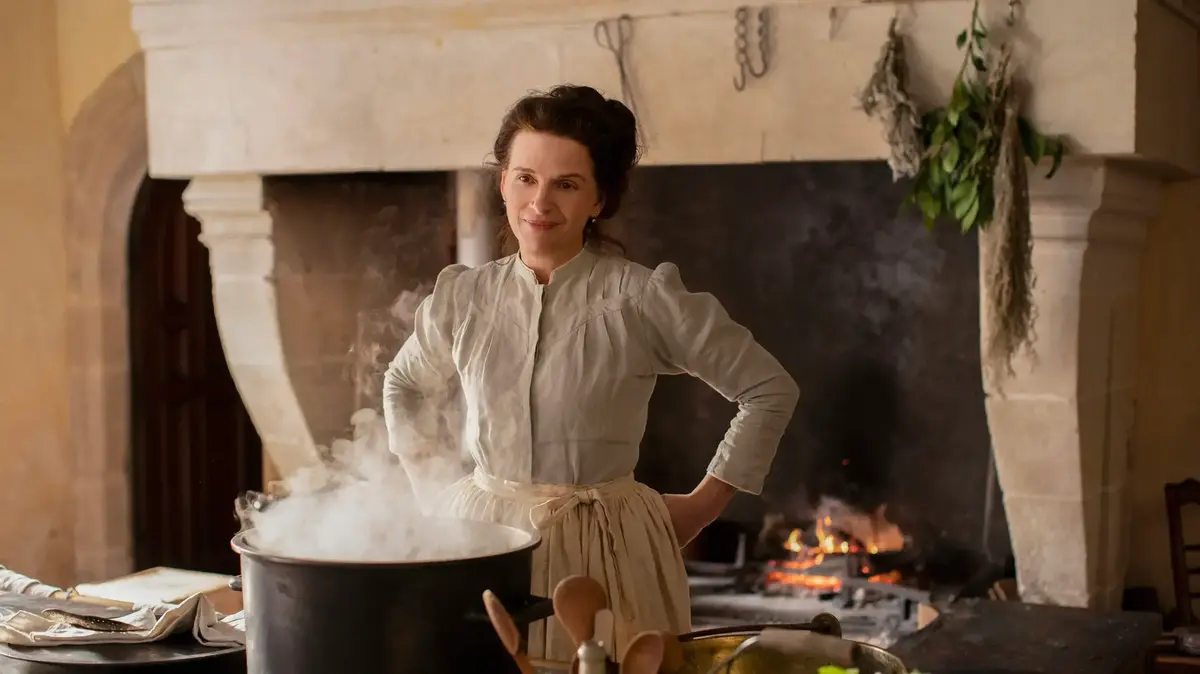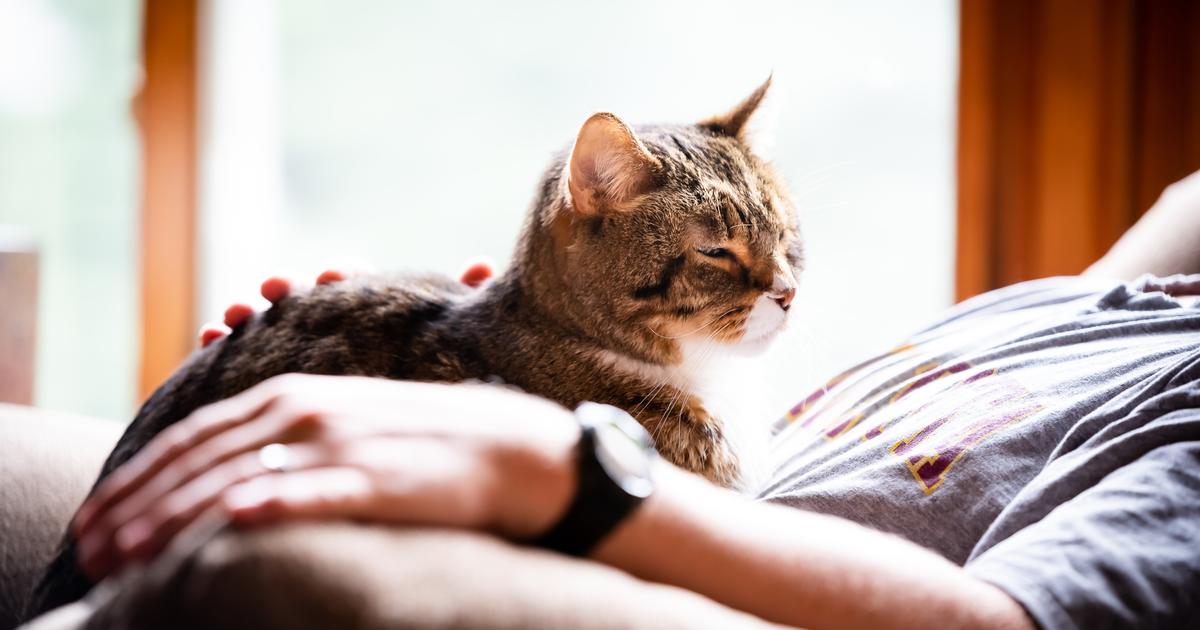Some books take everything away.
They take your breath away and you won't let go.
This is the case of the book
Un enfant sans histoire
, by our collaborator Minh Tran Huy.
Once read, it leaves you K.-O.
facing the mysterious continent you have just crossed: autism.
Its wanderings and its ravages, its troubles, its fighters, its battlefields.
Minh soberly tells the story of her son, Paul, 6 years old (soon to be 9 today), and his shattered life which she nevertheless moves forward.
Looking at things head-on.
Without pathos or lamentations, but with a lot of sweetness.
"This book does not save, does not heal, but it consoles," she acknowledges.
Read alsoMy child laughs when I scold him, why and how to react?
As a counterpoint to his seismic experience, his story unfolds the Hollywood story of Temple Grandin.
Autistic, born in 1947, in Boston, she has become, over the years, a world authority in animal science.
She was portrayed on screen by Claire Danes in
Temple Grandin
, directed by Mick Jackson for HBO, an acclaimed TV movie upon its release in 2010.
In France, there are approximately 700,000 autistic people, of whom 350,000 do not speak, like Paul.
The moving story of
A Child Without a Story
is as modest and intimate as it is universal.
Minh also denounces the delay of France compared to its European and American neighbors, and advocates the behavioral approach and its results.
Interview at her home, after stepping over the landing
The Art of War
, by Sun Tzu, and discovering Paul's trampoline and swing from the entrance.
The tone is set.
Miss Figaro. – How was this book born?
Minh Tran Huy.
–
I wrote it for lack of anything better.
When Paul was born, and especially when he was diagnosed with autism, I didn't think about it at all.
I was then very busy training myself, as well as my husband, and finding the professionals who were going to take care of him.
When we understood where the autism situation in France was, we contacted a speech therapist who gave us the address of Ediformation, where parents can register at a lower rate than professionals.
We also followed the training of the Robert-Debré hospital and that of the Craif (Ile-de-France autism resource center).
We also learned about the latest science-based approaches, which were found not to be applied everywhere.
We did everything… The first professional word was guilt-inducing, recommending me – on my own – to do parent-baby psychotherapy.
This is where I started to do research.
The idea for the book came later, pushed by friends, and despite the difficulty of converting this suffering into an aesthetic object, it ceased to seem embarrassing or obscene to me when we began to lose hope.
What was unrecountable then became a chronicle woven in counterpoint to the success story of Temple Grandin, which is everything that Paul is not.
In five months, it was over, it's my tank side, I'm slow to start, then I move forward.
idea for the book came later, pushed by friends, and despite the difficulty of converting this suffering into an aesthetic object, it ceased to seem embarrassing or obscene to me when we began to lose hope.
What was unrecountable then became a chronicle woven in counterpoint to the success story of Temple Grandin, which is everything that Paul is not.
In five months, it was over, it's my tank side, I'm slow to start, then I move forward.
idea for the book came later, pushed by friends, and despite the difficulty of converting this suffering into an aesthetic object, it ceased to seem embarrassing or obscene to me when we began to lose hope.
What was unrecountable then became a chronicle woven in counterpoint to the success story of Temple Grandin, which is everything that Paul is not.
In five months, it was over, it's my tank side, I'm slow to start, then I move forward.
Faced with such hardships, most couples break up
Minh Tran Huy
How do you overcome such an ordeal? How do you hold on, in the hell of this roller coaster, between hope and sorrow?
Many tell us of our extraordinary courage, but it is not a question of courage;
it falls on you and we move on, we go with it, with no other choice but this one… If we collapsed, what would become of Paul?
Faced with such hardships, most couples break up, and for us too it was very difficult.
We have been on the verge of separation many times, like pinballs.
It has both united and disunited us.
So we must love each other very deeply, because we wouldn't have stayed together just for Paul.
And the unexpected arrival of our second son, Serge, a little less than two years ago (whom his big brother finds difficult to bear today) has strengthened our family.
We feel an endurance…
It's the habit!
Without repeating the commonplace of “what doesn't kill you makes you stronger”, it helps to put things into perspective, even if it has never been simple.
It's a little more so now that we've accepted Paul's point of evolution – he's never going to evolve much.
Paul doesn't speak, and I think he has the attention span of a goldfish;
he forgets everything, he can't stay in front of a five-minute cartoon, it's too long for him.
He communicates thanks to the picture exchange system (the American system PECS,
Picture Exchange Communication System
), which all children should have available.
And yet, even speech therapists are not all trained in it!
Full screen
“A child without a story”, by Minh Tran Huy, Éditions Actes Sud, 208 p., €21.50.
Press office
How to improve the situation of autistic children in France today?
In France, we are two generations behind.
The predominance of French psychoanalysis (we have the most psychoanalysts per inhabitant in the world), which links autism to a psychological trauma often linked to the mother, slows down the progression of behavioral practice from the United States and applied in Europe.
Behaviorism helps young children acquire key skills such as pointing, answering their first name and knowing how to obey simple instructions: they are taught that.
Paul now obeys these instructions that he was taught, as I explain in the book.
It's long, tedious, repetitive and grounded in concrete motivation – salty chips or candy for Paul.
Radishes for another… Obeying “Stop” is just as important, if only on the street.
There is no place suitable for autistic people, and in the few that exist, there are no trained staff, it's babysitting.
Minh Tran Hui
What would it take to get things moving?
A training.
For everyone.
For professionals (it does not exist), teachers, carers and even society, so that everyone knows the difference between the different disabilities.
It was me, not my doctor, who detected my son's autism.
Paul didn't point, look me in the eye, or answer his first name;
he was not deaf, but autistic.
You have to be trained in how to talk to them, with a couple of simple things.
There is no place suitable for autistic people, and in the few that exist, there are no trained staff, it's babysitting.
Paul can't go to school, he has none of the preschool skills and he needs a dedicated place.
He is in an IME (medico-educational institute) which applies the
or applied behavioral analysis, a program that relies on the motivation of the child to modify his behavior and help him in his learning, Editor's note).
But for the other less seriously handicapped children, only 20% are educated in France, when they are 100% in Italy and 80% in England: we should follow the example of these neighboring countries.
For ABA, there is only one sector, in the North, which trains around thirty people a year... As there are not enough existing structures, everyone goes to Belgium where it costs cheaper.
Social Security moves thousands of families to the border there and pays for everything.
However, sometimes one or two people are enough to make things happen, even if it is a societal choice.
autisminfoservice.fr

